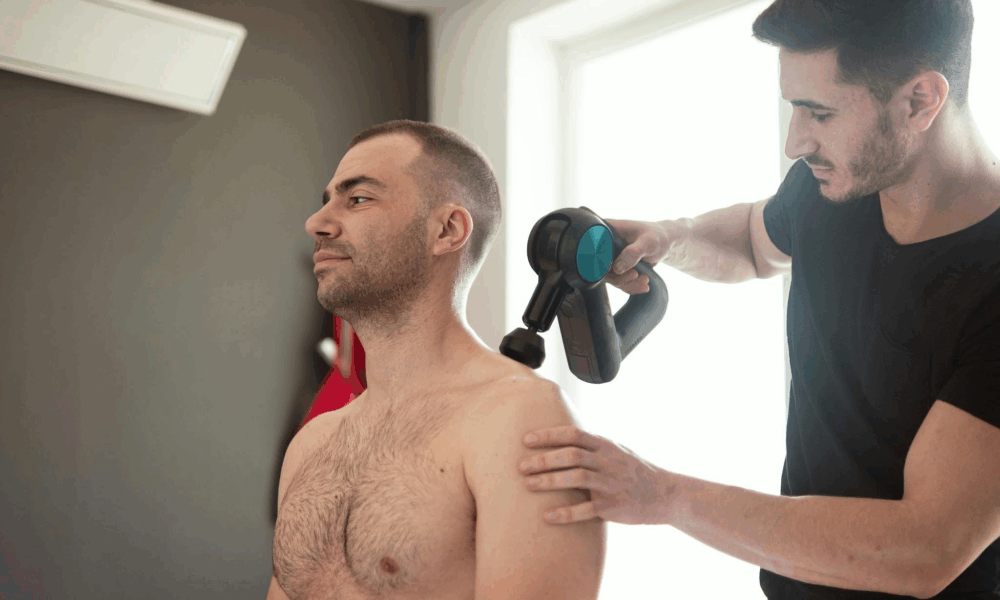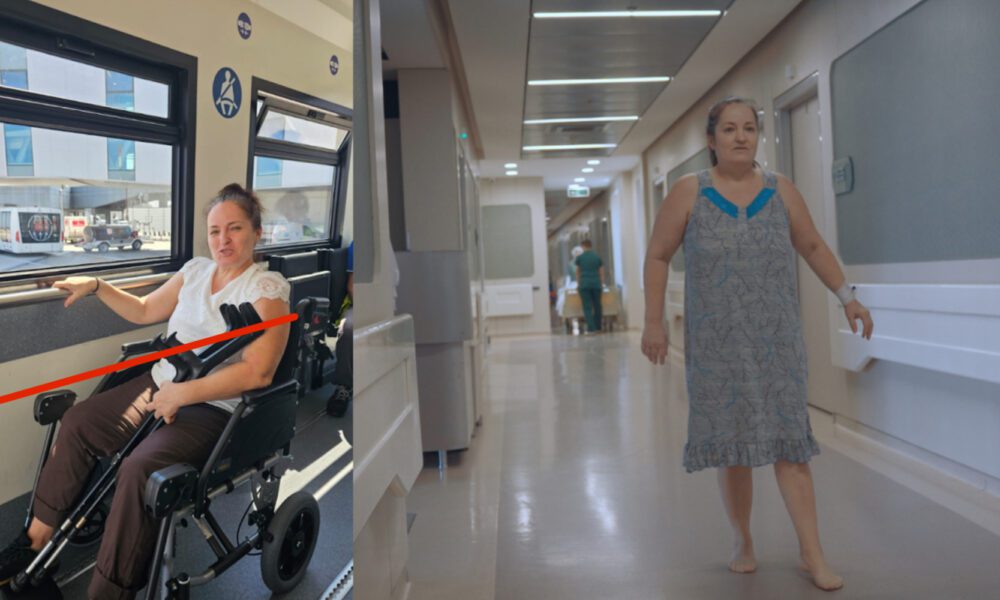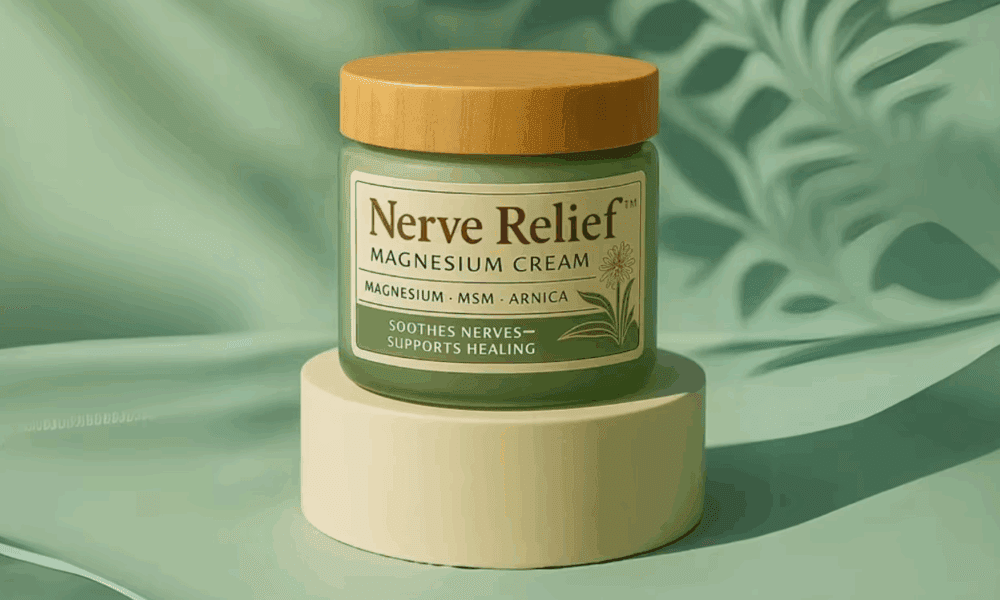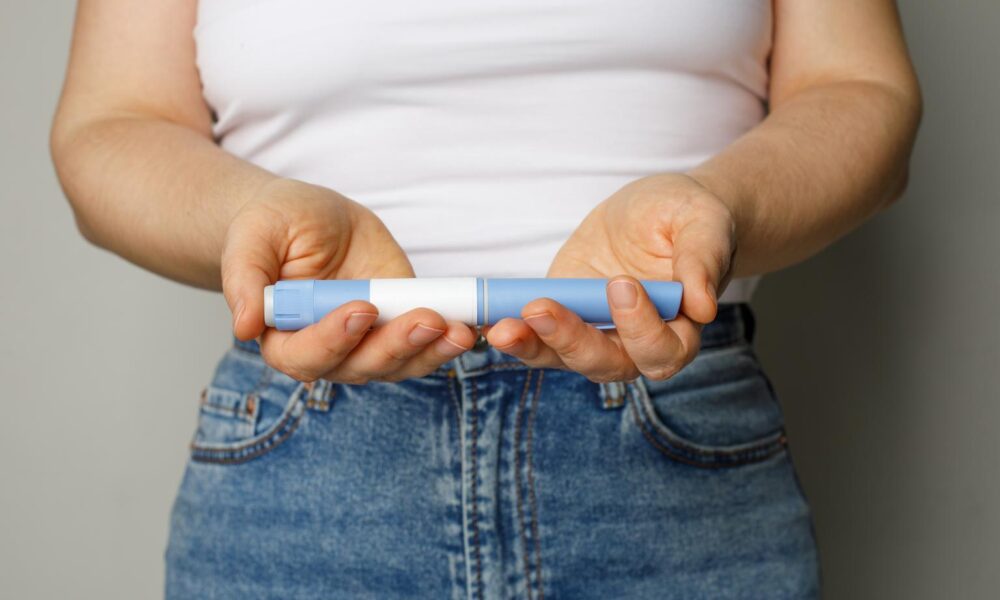Sexual desire—or libido—isn’t static. It fluctuates over time and is influenced by a variety of physical, emotional, psychological, and relational factors. Yet when people experience a sudden drop or a persistent lack of interest in sex, it can feel confusing, frustrating, and even isolating.
Understanding what drives libido and what might be holding it back is key to restoring a healthy, satisfying sex life. In this article, we’ll explore what libido really is, why it changes, and how you can take steps toward improving your sexual well-being. And if you’re feeling stuck, talking to a qualified sexologist doctor near me can offer personalized support and deeper insight.
What Exactly Is Libido?
Libido refers to a person’s overall sexual drive or desire for sexual activity. It’s not just a physical urge—it’s shaped by hormonal signals, mental state, emotions, life experiences, and even social or cultural influences.
Some people experience high libido, while others naturally have a lower baseline. Both can be normal, as long as the individual is content with their experience. However, when changes in libido lead to distress, dissatisfaction, or relationship strain, it might be worth exploring what’s behind the shift.
Common Factors That Influence Libido
Libido doesn’t exist in a vacuum. It responds to the rhythms of daily life, age, physical health, mental wellness, and relationship dynamics. Here’s a deeper dive into what can affect it:
1. Hormones and Biological Factors
Hormones are perhaps the most direct influencers of sexual desire. Testosterone, estrogen, and progesterone play a major role in regulating libido in both men and women.
- Low testosterone levels can reduce libido and energy in men.
- Estrogen imbalances in women (especially during menopause or postpartum) can affect sexual interest and cause physical discomfort.
- Thyroid disorders, diabetes, and chronic illness may also lower libido by altering body chemistry and overall vitality.
Changes in libido due to hormonal shifts are especially common with age, but they’re not necessarily permanent. Medical evaluation can help determine whether hormone levels are at play.
2. Mental Health
Anxiety, depression, and high stress levels are among the top libido killers. These conditions affect brain chemistry, emotional availability, and overall motivation. It becomes harder to connect with your body or a partner when you’re constantly preoccupied or emotionally drained.
Even untreated trauma—particularly around past relationships, body image, or abuse—can unconsciously suppress desire. Sometimes, even the fear of intimacy itself can push libido into hiding.
If you’re noticing these emotional patterns in yourself, reaching out to a therapist or consulting a sexologist doctor near me can be a helpful, nonjudgmental way to start the healing process.
3. Relationship Dynamics
Libido doesn’t just live in your body—it also exists in your relationship. Ongoing conflicts, lack of emotional connection, poor communication, or feeling unseen in a relationship can erode desire over time.
On the flip side, supportive communication, novelty, and mutual understanding can enhance sexual interest. Many couples rediscover each other when they invest in emotional intimacy, not just physical attraction.
Sexual desire thrives in a safe, connected space. If the emotional connection feels off, it may manifest physically in ways that are often misunderstood or ignored.
4. Medications and Medical Treatments
Many common medications can affect libido. These include:
- Antidepressants (especially SSRIs)
- Birth control pills
- Blood pressure medications
- Certain cancer treatments
If you’ve recently started a new medication and noticed a shift in desire, it’s worth discussing with your doctor. Never stop medication on your own, but do bring it up—it’s a more common issue than most people think.
5. Lifestyle and Daily Habits
Modern life doesn’t always make space for a healthy sex drive. Long hours at work, poor sleep, excessive alcohol use, smoking, and sedentary lifestyles all contribute to lower libido.
- Sleep deprivation impacts testosterone and mood regulation.
- Excessive alcohol may reduce inhibitions in the short term but suppresses sexual function long-term.
- A lack of physical activity affects circulation, energy levels, and body confidence—all of which feed into desire.
Sometimes, just rebalancing your daily routine—getting better sleep, eating whole foods, staying active—can do wonders for libido.
When Should You Be Concerned?
Everyone goes through dry spells. Temporary dips in libido are perfectly normal, especially during life transitions like childbirth, job stress, or grief. But if your sexual desire is persistently low and it’s causing distress or affecting your relationship, that’s when it’s time to take a closer look.
Some signs it might be time to consult a professional include:
- A sharp, unexplained drop in interest in sex
- Feeling emotionally disconnected from your partner
- Physical discomfort or anxiety around intimacy
- Struggling to feel aroused even in ideal situations
- Concerns around self-worth, body image, or shame during sexual activity
Whether you’re in Kondapur or Begumpet, there are specialists available who can help you understand these feelings and work through them at your own pace.
Talking to a Professional: What to Expect
The idea of searching for a “sexologist in hyderabad” can be intimidating at first. But in reality, sexologists are trained to approach your concerns holistically—looking at emotional, physical, hormonal, and psychological factors.
You don’t need to have a diagnosis or “serious” issue to seek help. Sometimes, just a single conversation can provide clarity or uncover a previously ignored factor. Many sexologists also work in tandem with therapists, endocrinologists, and relationship counselors to offer comprehensive support.
During an initial consultation, you can expect:
- A safe, non-judgmental space to talk about your concerns
- Questions about your medical history, relationships, lifestyle, and mental health
- Optional tests to rule out hormonal or physical issues
- A collaborative approach to identifying goals and steps forward
These appointments are confidential, and many clinics now offer online consultations to make the process even more accessible.
Self-Care Tips for Boosting Libido Naturally
If you’re looking to gradually improve your libido, here are a few practical strategies:
- Prioritize Sleep
Aim for at least 7–8 hours a night. Hormone production and mood stabilization depend on proper rest.
- Eat Nutrient-Rich Foods
Zinc, magnesium, and healthy fats support hormone production. Include whole foods like nuts, eggs, leafy greens, and avocados.
- Move Your Body
Regular exercise boosts circulation, reduces stress, and improves body confidence—great for libido.
- Minimize Stressors
Deep breathing, yoga, mindfulness, or therapy can reduce the cortisol load on your system.
- Explore Intimacy Beyond Sex
Physical closeness, cuddling, or meaningful conversations can rekindle emotional connection and pave the way for renewed sexual desire.
- Limit Porn or Overstimulation
Constant exposure to unrealistic sexual imagery can desensitize arousal patterns. A temporary digital detox can sometimes reset natural desire.
- Try Mindfulness or Sensate Focus
These therapeutic techniques help individuals reconnect with their body, sensations, and emotions—especially useful if anxiety is a barrier.
Reclaiming Desire Is a Journey, Not a Deadline
There’s no “normal” when it comes to libido—only what feels right for you. And if it doesn’t, you deserve the support to understand why and how to shift it. Sexual wellness is a fundamental part of overall health, not an optional luxury.
If you find yourself wondering whether your experience is “common” or “fixable,” the answer is yes—it probably is, and yes, help is available. Reaching out to a qualified sexologist doctor near me can be a gentle first step toward rediscovering what intimacy and connection look like for you, at this stage of your life.
You don’t need to settle for silence or frustration. With the right insight and support, your libido can return—not as a copy of what it once was, but as a more aligned and fulfilling version of what you need now.












Leave a Reply